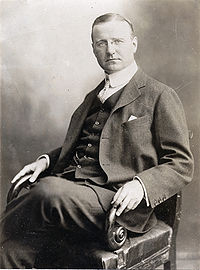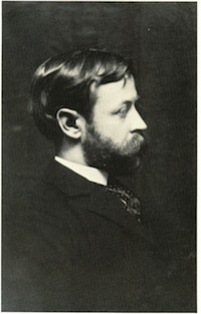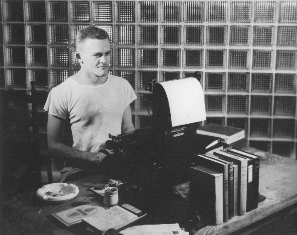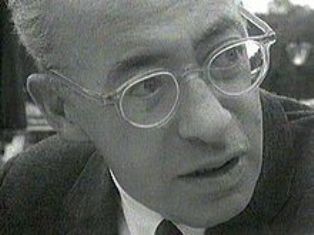
Saul David Alinsky
Born: 1909 in Chicago, Illinois
Died: 1972 in Carmel, California Pen Name: None Connection to Illinois: Saul David Alinsky was born, raised and educated in Chicago. Biography: Saul Alinsky was a community organizer and writer. He is generally considered to be the founder of modern community organizing, and has been compared to Thomas Paine as being 'one of the great American leaders of the nonsocialist left. His graduate work was at the University of Chicago in criminology. His work in organizing the poor to fight for their rights as citizens has been internationally recognized. In the late 1930's he organized the 'Back of the Yards' area in Chicago (the neighborhood made famous in Upton Sinclair's The Jungle.
Awards:
- Saul is a 2012 Nominee for the Literary Hall of Fame.
Selected Titles
| John L. Lewis : ISBN: 1163189898 OCLC: 1083231001 |
|
 |
John L. Lewis : ISBN: 9781432592172 OCLC: 233263831 Kessinger Pub., Whitefish, MT. : [2007] |
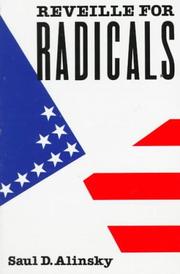 |
Reveille for radicals ISBN: 9780679721123 OCLC: 117113 Vintage Books New York, [1969, ©1946] |
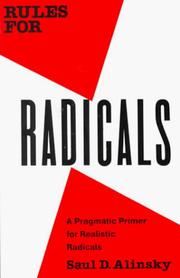 |
Rules for radicals : ISBN: 0679721134 OCLC: 19921396 Rules for Radicals is Saul Alinsky's counsel to young radicals on how to effect constructive social change and know "the difference between being a realistic radical and being a rhetorical one." Written in the midst of radical political developments whose direction Alinsky was one of the first to question, this volume exhibits his style at its best. Like Thomas Paine before him, Alinsky was able to combine, both in his person and his writing, the intensity of political engagement with an absolute insistence on rational political discourse and adherence to the American democratic tradition. |
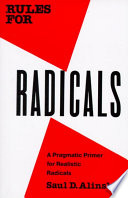 |
Rules for radicals : ISBN: 9780307756893 OCLC: 680744744 Vintage eBooks, New York : [2010] Guides young revolutionaries in the art of human communication and explains the tactics of organizing others to work within the system for social change. |


